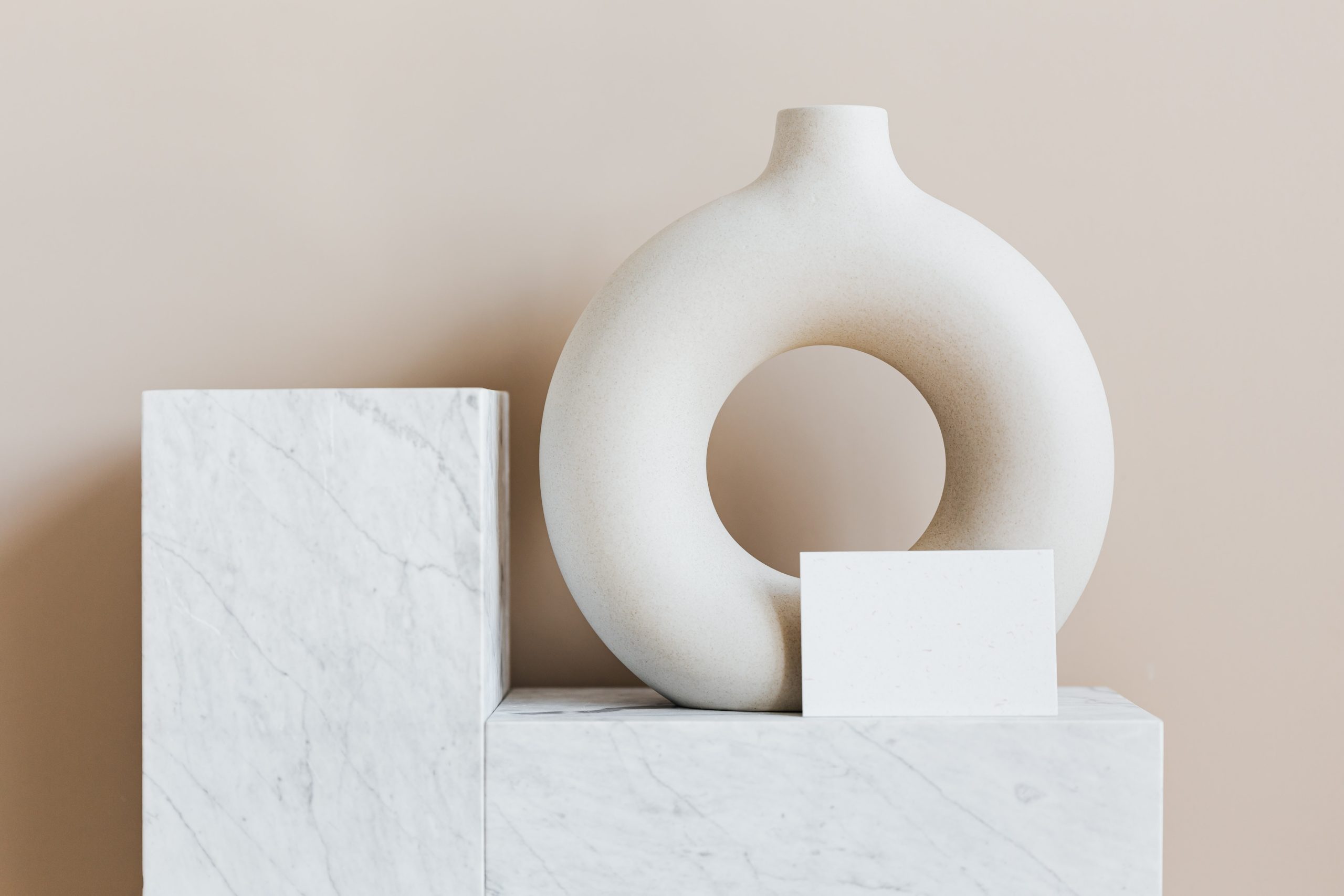“I did not pay her mahr just for her to turn around and challenge my authority.” a man blurted out to my hearing for the umpteenth time and I knew that this was a topic I couldn’t put aside anymore. For some time now, I’ve found myself in circles where the subject of conversation has been about drawing a parallel between slavery and marriage and whether or not there’s any practical difference between the two. Lots of women have argued that the term “marriage” which connotes a union of love and mutuality has been plastered upon slavery to make it more appealing to women. Having studied the relationship between men and women in marriage for as far back as I was a child, I couldn’t in all honesty disagree with these arguments.
In Muslim circles, it has been appalling to hear people assert that the concept of Mahr – which is a compulsory marital gift that a groom must give to a bride – makes women the object of a transactional marital relationship. In other words, the husband purchases the bride in exchange for sexual and domestic services as well as unconditional obedience to him. If this is not a deliberate distortion of the true spirit behind the Mahr to pander to misogynistic cultures, then I do not know what it is.
“Give women their bridal gift upon marriage, though if they are happy to give up some of it for you, you may enjoy it with a clear conscience.”
Noble Qur’an, 4:4, Translation by M.A.S Abdel Haleem
Through classes and extensive reading on this subject, I have come to the understanding that the concept of Mahr is one of the aspects of a woman’s right to financial freedom which also includes her right to work and earn money, her right to own and inherit property and her right to enter into financial contracts. With the advent of Islam came the most unprecedented upgrade of the rank and status of women. Egalitarian principles that took into consideration the biological differences between the sexes were enforced amongst the early Muslims. Amongst these was the concept of the Mahr. In a culture where it was the norm for women to be entirely financially dependent on their husbands, giving way for oppressive power dynamics in marital relationships, Islam placed great premium on women’s financial independence, recognising the honour and high esteem that comes with having one’s own wealth.
This came at a time when the field of trade and commerce was a male-dominated field and many women were relegated to the background of home life with little or nothing to do with the public sphere and no property or wealth of their own. Recognising that upon getting married, many women became handicapped by the burden of pregnancy and the responsibilities of childbearing and childraising, Islam made it compulsory for men to give women a valuable marital gift of the woman’s own choosing. This mostly came in the form of money, gold, silver, land, livestock, valuable jewellery and landed properties. It was very common at the time for women to ask for a stipulated sum of money which they would further invest in various trades to make them financially independent. While these women were busy with bearing and raising children, they had their mahr and the proceeds from it to fall back on. From these, they gave charity and became confident women who could engage in trade, hire employees, own property and be wealthy.
It is important to mention that at the time of the Prophet (PBUH), there was a considerable number of men who couldn’t afford the payment of the mahr. For these men, it was going to be practically impossible to get married. In order to facilitate marriage for the poor, the Prophet encouraged wealthier Muslims to help the poor ones with the payment of the mahr. He also permitted the memorisation and teaching of the Qur’an as Mahr for the women who considered this more valuable than material wealth and chose to accept it as Mahr. All these various forms of Mahr were considered forms of wealth which would empower women to become full, independent and honourable human beings. The economic and financial advantage that men had over women was what made it compulsory to pay Mahr to the women and to provide for them financially. By so doing, they would have equal access to wealth as well as equal financial standing.
“Husbands should take good care of their wives with (the bounties) God has given to some more than others and with what they spend out of their money. Righteous wives are devout and guard what God would have them guard in their husbands’ absence.“
Noble Qur’an, 4:34, Translation by M.A.S Abdel Haleem
In recent times, there have been questions from both within and outside the Muslim world on whether women should be paid during the period in which they birth and raise children, since lots of women are economically disadvantaged while doing so. Isn’t it fascinating that Islam had taken care of these concerns over 1400 years ago? While the responsibility of bearing children and expanding humanity fell on women, the responsibility of ensuring equitable distribution of wealth where no one was disadvantaged became the duty of men. It would be utterly unfair for women to be economically disadvantaged by virtue of certain biological functions which make it almost impossible for a level playing field in the world of work and finances. This was necessary to create a balanced society built on the egalitarian principles of Islam since all human beings were equal in the sight of God.
At the time of the Prophet (PBUH), it was customary for mahr to be calculated based on a woman’s socioeconomic standing, to cater for the standard of life that she was used to. In today’s world, where for example, a young man and a young woman both become licensed to practice as lawyers, a man has more advantage to excel faster and more seamlessly than a woman due to his biology. If these two individuals decide to get married and start a family, except they both choose not to have children, the reality is most likely that the woman’s career will become affected by childbearing and childraising. In this case, to cover up for the number of years in which the woman would be financially disadvantaged, she can choose to calculate what she would earn in a typical year, multiply this by the number of years in which she would be unable to pursue her career and request for this amount as mahr. She can then go ahead and invest this in businesses or in assets that will bring returns and increase her wealth. If the man cannot afford to pay this as a lump sum, an agreement can be made to pay this in instalments.
“If she stipulates that her mahr should be increased or that it should be in a specific currency, the condition is valid and binding, and he has to fulfil it, and she has the right of annulment if it is broken.“
– Shaykh Saalih al-Fawzaan
Islam’s emphasis on the compulsory nature of the mahr is such that where the husband dies without having fully paid the mahr, it would be a debt to be deducted from his estate before any heirs would be entitled to getting their share. And if he leaves no estate behind, it becomes the responsibility of his immediate family or the Muslim community to pay this debt. The campaign flying around to guilt-trip women into requesting for or accepting meagre amounts as mahr is only a ploy to make the process seamless for men while making more and more women increasingly disadvantaged. There is the historical account of the Caliph Umar (RA) who wanted to cap the value of the mahr and limit the amount women could request for. A woman stood up and criticised his plan using verses from the Qur’an to justify her disagreement and enforce her right to request for any amount she pleases. Umar (RA) rescinded his statement saying that “The woman is right and Umar is wrong” Had this woman not stood up to assert her right, it would have become a part of Islamic law.
The Mahr is a financial right of the woman which has absolutely nothing to do with her being the object of a transaction where she becomes subservient to her partner. In fact, in a marital relationship, Islam deems the wife the mistress of her home, having the right to freedom from domestic labour as well as equal right to sexual relations. Contrary to the misogynistic narrative which has become widespread, the institution of marriage is not based on a master-servant relationship but on mutuality, respect, love and compassion. In Islam, there is no superiority on the basis of gender, social class, race or ethnicity except by piety and goodness.




